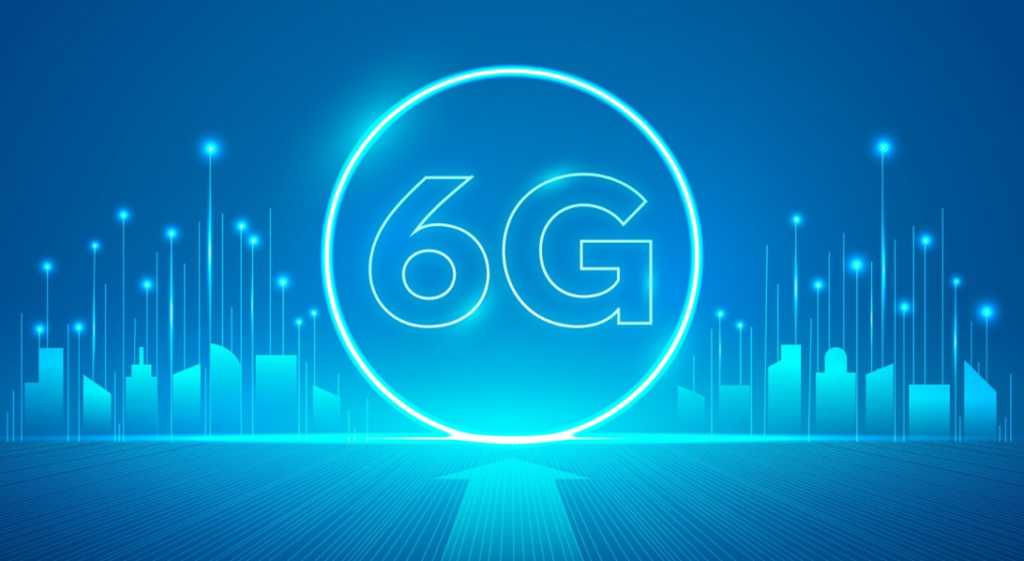Urbanization is accelerating, with more than two-thirds of the global population expected to live in cities by 2050. This rapid growth presents challenges such as traffic congestion, pollution, and resource management. To address these issues, smart cities are integrating Artificial Intelligence (AI) into their infrastructure, creating more efficient, sustainable, and livable environments. But how exactly is AI reshaping urban life? Let’s explore its transformative impact.
1. AI-Powered Traffic Management
Traffic congestion is a major problem in densely populated cities. AI-driven solutions are helping to streamline urban mobility:
- Smart Traffic Lights: AI analyzes real-time traffic data to optimize signal timings, reducing congestion and emissions.
- Predictive Analytics: Machine learning models anticipate traffic patterns and suggest alternative routes.
- Autonomous Vehicles: Self-driving cars and AI-assisted public transport promise safer and more efficient commuting.
Example:
Cities like Singapore and Los Angeles use AI-based traffic control systems that dynamically adjust signals based on traffic flow, significantly reducing wait times and emissions.
2. AI-Enhanced Public Safety and Security
AI is revolutionizing urban security by providing real-time surveillance and predictive crime prevention:
- Facial Recognition & Video Analytics: AI-powered cameras detect suspicious activity and assist law enforcement.
- Predictive Policing: Algorithms analyze historical crime data to anticipate and prevent criminal activities.
- Emergency Response Optimization: AI helps emergency services allocate resources efficiently based on real-time data.
Example:
London employs AI-based surveillance to monitor high-risk areas, improving response times and enhancing public safety.
3. Sustainable Energy and Smart Grids
AI plays a crucial role in optimizing energy use and promoting sustainability:
- AI-Driven Smart Grids: These systems predict energy demand and dynamically distribute power to reduce waste.
- Renewable Energy Optimization: AI enhances the efficiency of solar and wind power by forecasting weather conditions and adjusting energy output.
- Smart Buildings: AI regulates lighting, heating, and cooling based on occupancy and weather conditions to minimize energy consumption.
Example:
Amsterdam’s smart grid system integrates AI to manage energy distribution efficiently, reducing costs and carbon emissions.
4. Waste Management and Environmental Protection
AI-driven solutions help cities manage waste and monitor environmental health:
- Automated Waste Sorting: AI-powered robots separate recyclables, reducing landfill waste.
- Smart Bins: Sensors notify waste collection services when bins are full, optimizing collection routes and reducing fuel consumption.
- Air and Water Quality Monitoring: AI analyzes environmental data to detect pollution trends and suggest mitigation strategies.
Example:
Barcelona employs AI-powered waste management systems that optimize collection schedules and routes, cutting costs and emissions.
5. AI in Healthcare and Public Services
AI is improving urban healthcare and essential services by making them more efficient and accessible:
- Predictive Health Analytics: AI identifies disease outbreaks and helps allocate medical resources efficiently.
- AI Chatbots and Virtual Assistants: Cities use AI-driven virtual assistants to handle citizen inquiries and reduce bureaucratic delays.
- Telemedicine & Smart Clinics: AI-powered diagnostic tools and virtual consultations improve healthcare accessibility.
Example:
Shanghai uses AI-driven health monitoring systems to detect early signs of infectious diseases and prevent outbreaks.
6. Smart Urban Planning and Infrastructure
AI is helping cities design more efficient and resilient infrastructure:
- AI-Driven Urban Design: Machine learning models analyze population growth and economic trends to optimize city planning.
- Infrastructure Maintenance Prediction: AI predicts when roads, bridges, and buildings need repairs, preventing costly breakdowns.
- Dynamic Zoning & Housing Solutions: AI-driven simulations assist in optimizing land use and housing development.
Example:
Dubai integrates AI in its smart city initiatives to streamline infrastructure planning, ensuring sustainable urban expansion.
Challenges and Ethical Considerations
While AI offers immense benefits, its integration into smart cities comes with challenges:
- Privacy Concerns: AI-powered surveillance raises ethical questions about data security and individual freedoms.
- Bias in AI Systems: Poorly trained AI models can lead to discriminatory practices in policing and resource allocation.
- High Implementation Costs: Deploying AI infrastructure requires significant investment, which may not be feasible for all cities.
Conclusion: The Future of AI in Smart Cities
AI is fundamentally transforming urban life by optimizing traffic, enhancing security, promoting sustainability, and improving public services. While challenges exist, continued advancements in AI and responsible implementation will ensure that cities become smarter, more efficient, and more livable. As technology evolves, AI’s role in shaping the cities of tomorrow will only grow, making urban environments more connected, responsive, and sustainable.


